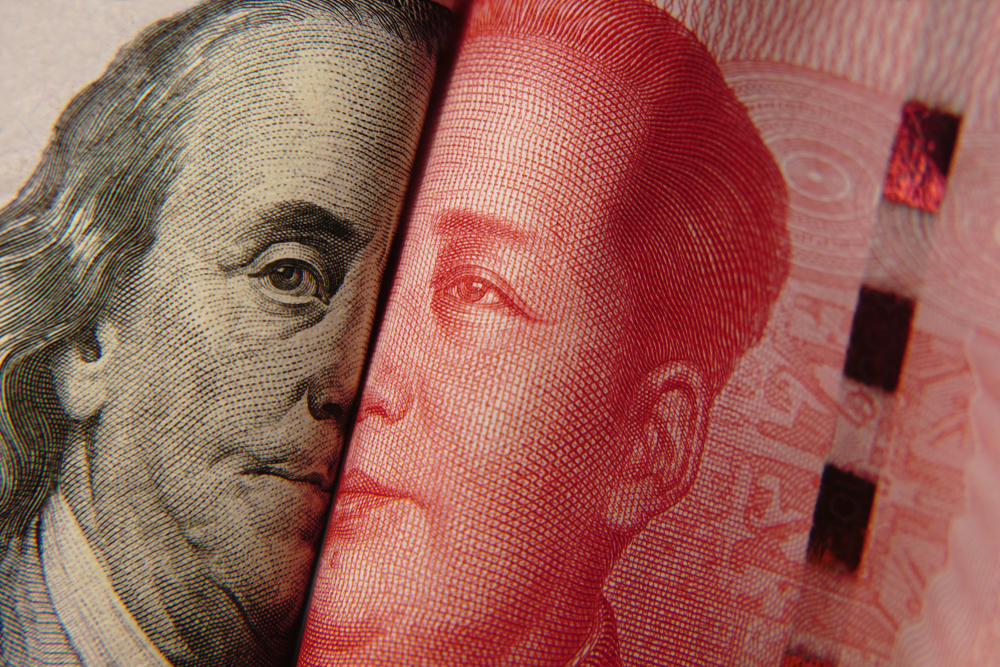RIYADH: The exclusion of key Russian banks from the SWIFT system in the wake of the Russian invasion of Ukraine and reports about the emergence of alternatives developed by Moscow and Beijing has once again ignited a debate about the future of the greenback.
China has had been working for years to internationalize the yuan. The current crisis, however, has given a new impetus to those efforts or at least forced the world into rethinking its relationship with the US dollar.
A recent report from the Wall Street Journal suggested that Saudi Arabia is in talks with China to price and receive payments for some of its oil sales in renminbi rather than US dollars. The talks have been “off and on for six years,” but discussions have intensified in recent months.
“For many countries (including Saudi Arabia and China), the harsh sanctions imposed by the US on Russia have raised questions about the wisdom of transacting in dollars and holding dollar-denominated assets as part of their official reserves,” Jason Tuvey, senior emerging markets economist, at Capital Economics wrote in a note.
Saudi Arabia is one of those few countries, which run a trade surplus with China. Over the past decade, it has averaged around $24 billion.
According to Tuvey, if all trade with China were to be conducted in renminbi, Saudi Arabia would quickly accumulate large holdings of the renminbi. Within five years, all else equal, the renminbi could easily make up as much as 20-25 percent of the Kingdom’s official FX reserves.
This is a scenario that the economist rejects as unlikely as he believes the Kingdom “may be reluctant to hold large amounts of FX reserves in renminbi, not least because of concerns regarding convertibility and the implications for its ability to defend the dollar peg.”
However, the Kingdom may decide to accept renminbi for only a portion of oil sales to China, and/or it could recycle renminbi receipts and increase goods and services exports from China, wrote the expert.
It has been suggested that accepting the renminbi for oil sales may prompt Saudi Arabia to move away from its dollar peg and to adopt a peg to a basket of currencies, similar to Kuwait.
Tuvey, is, however, skeptical. According to him, “even if Saudi Arabia accepts renminbi for sales to China, it would still be accepting dollars for around three-quarters of its oil trade. What’s more, the dollar peg has been the fundamental anchor of macroeconomic stability in Saudi Arabia for decades and policymakers are unlikely to be in a rush to change.”



